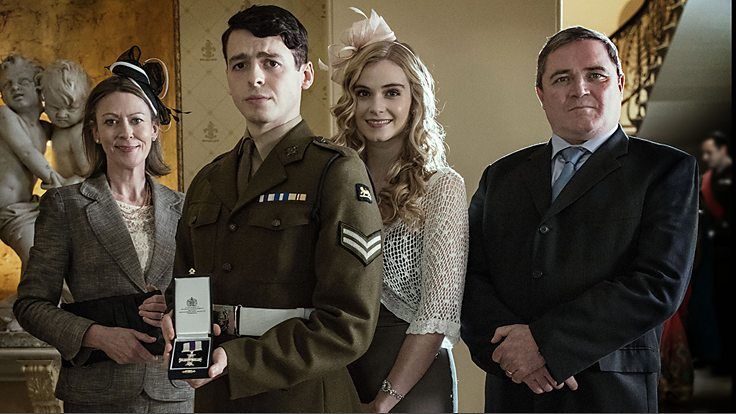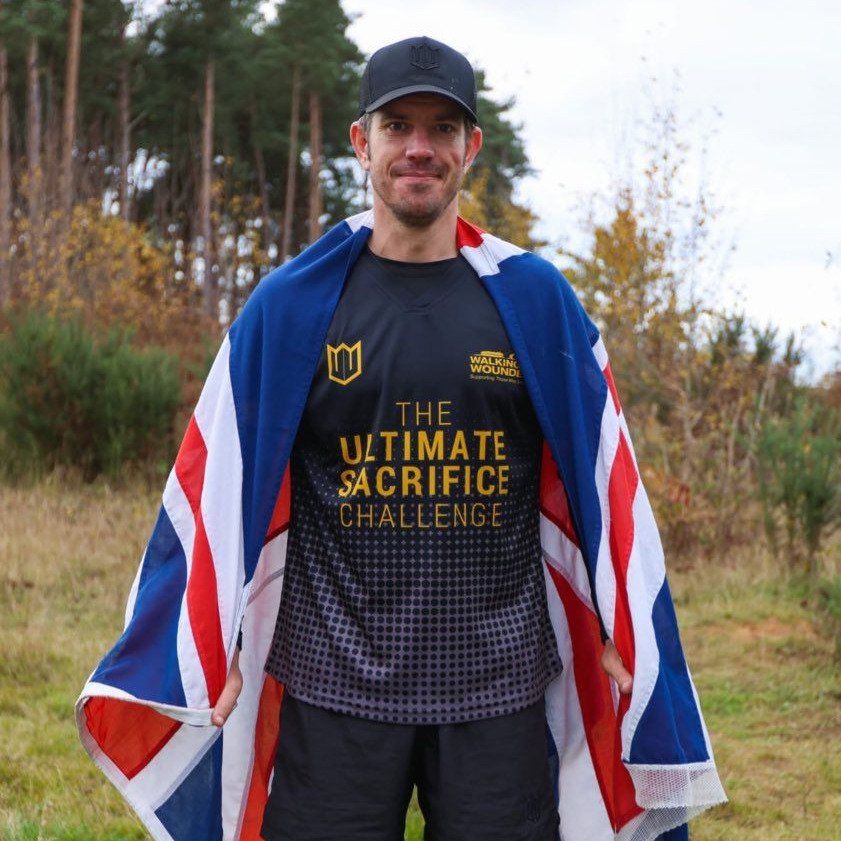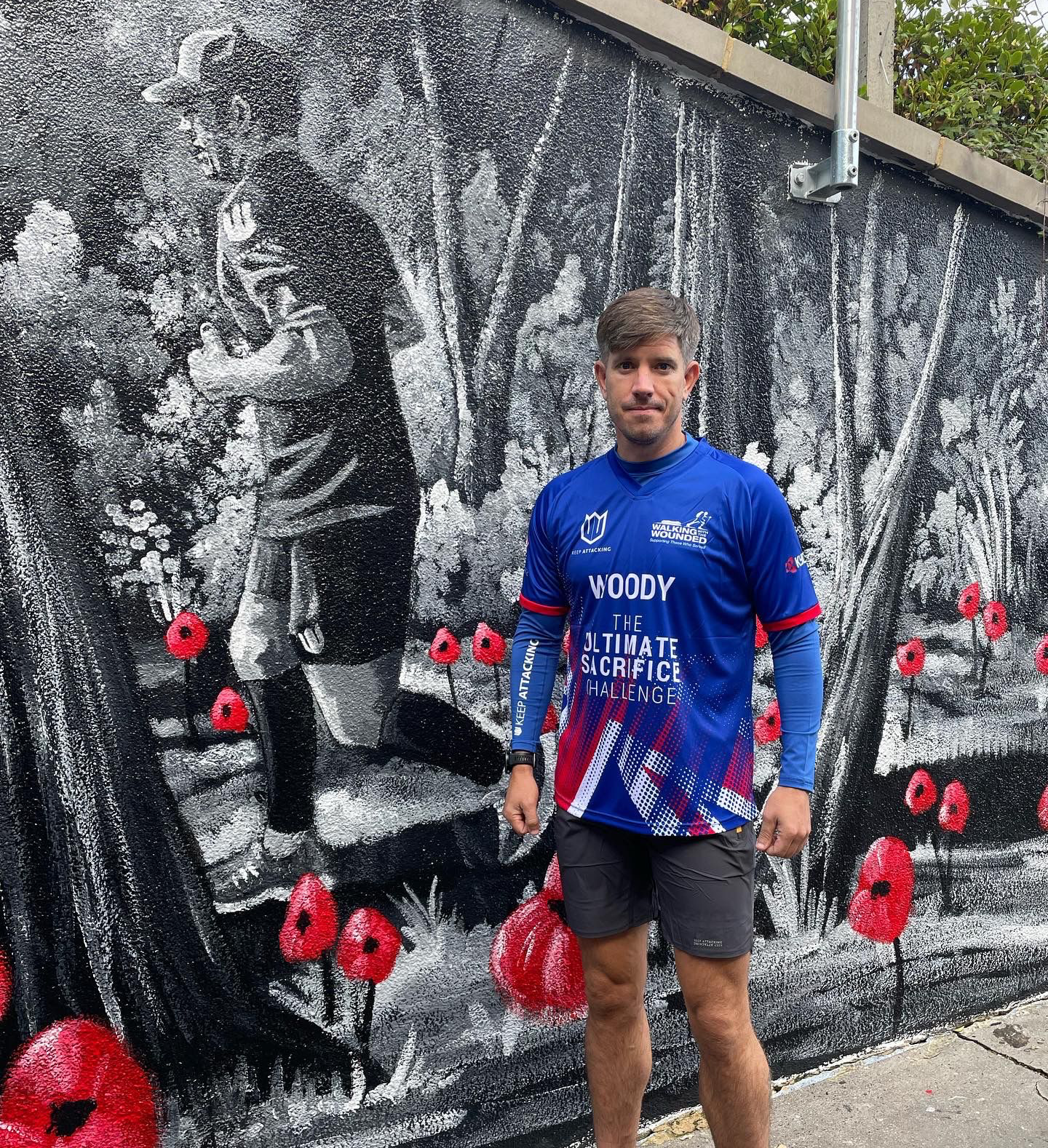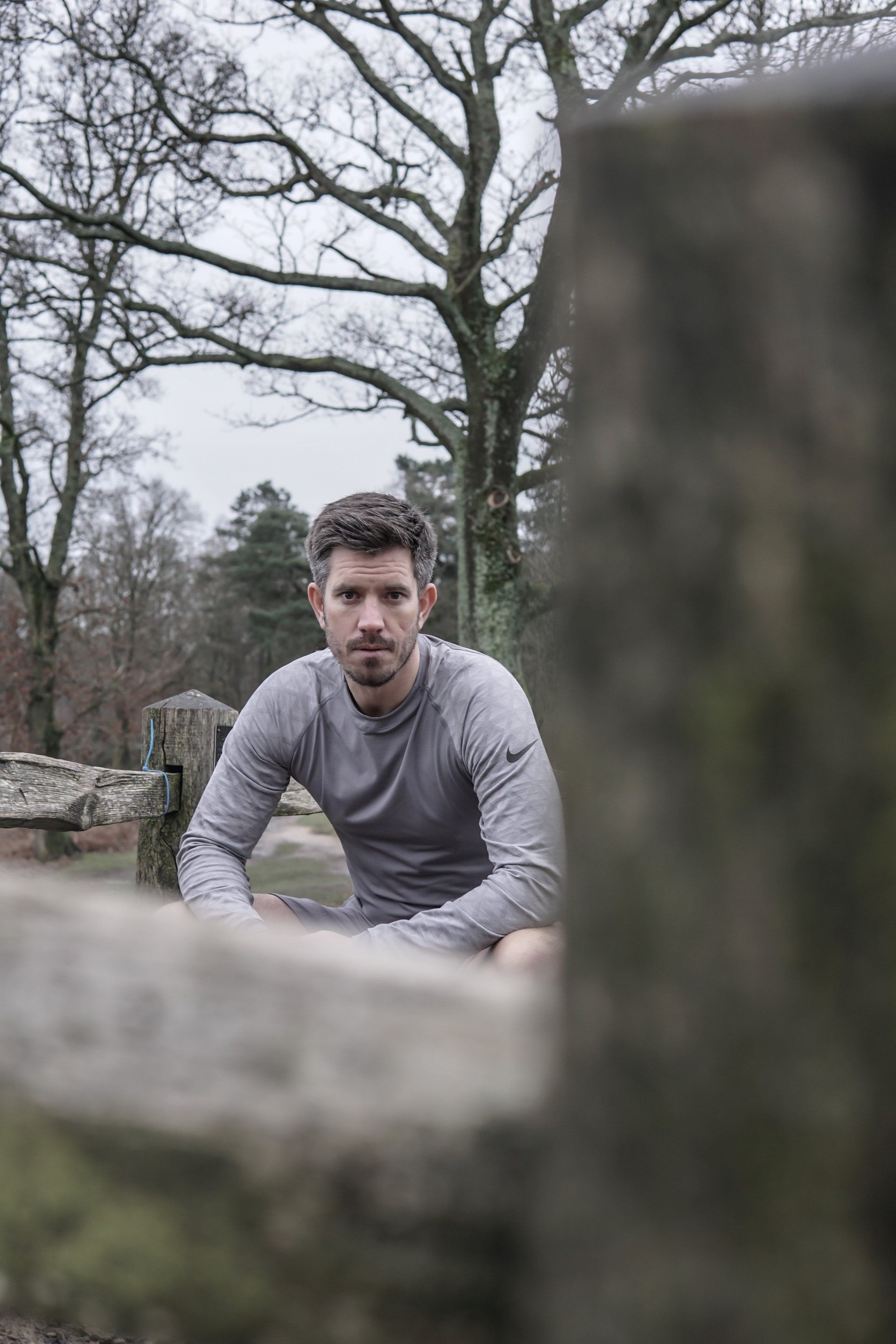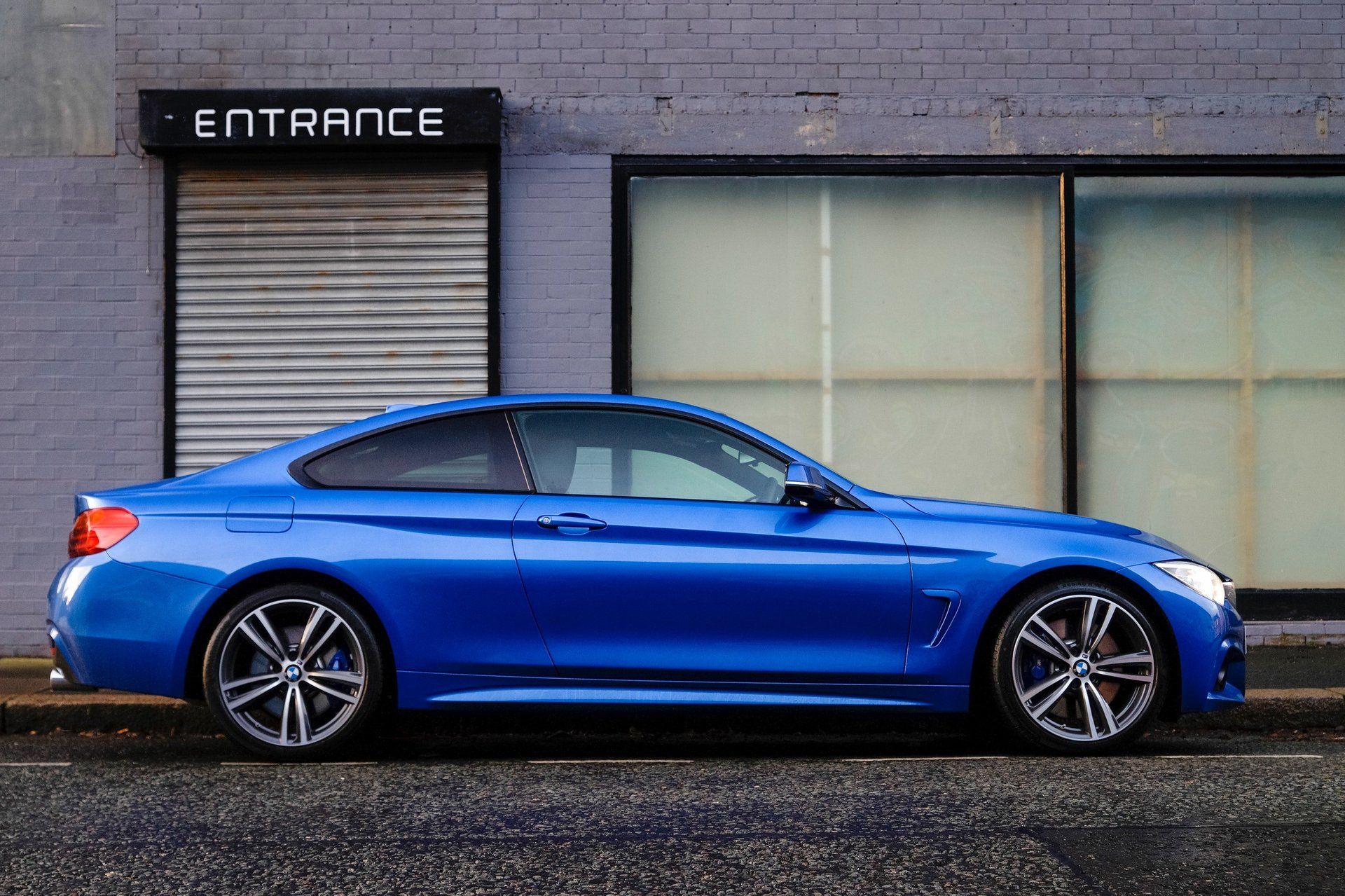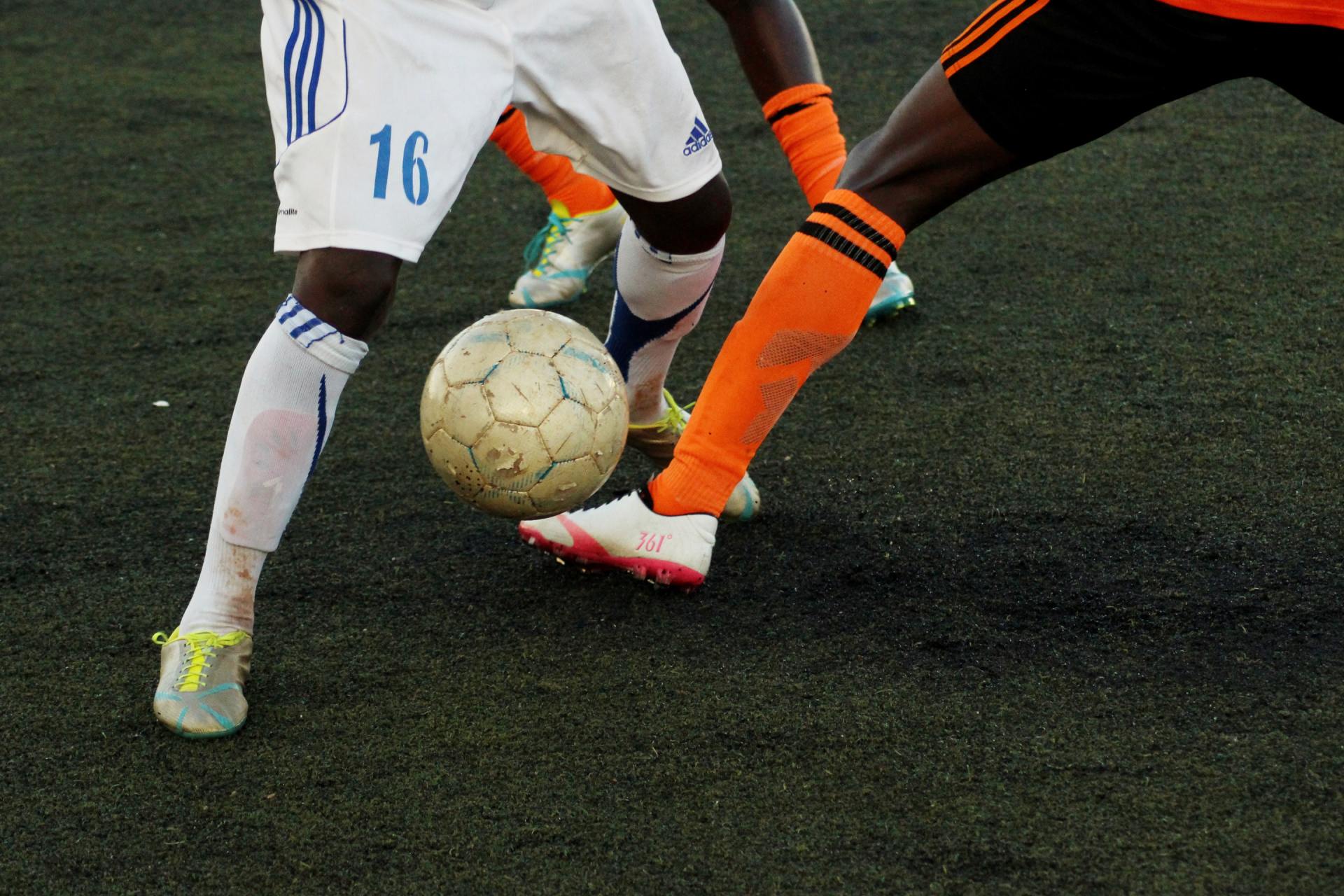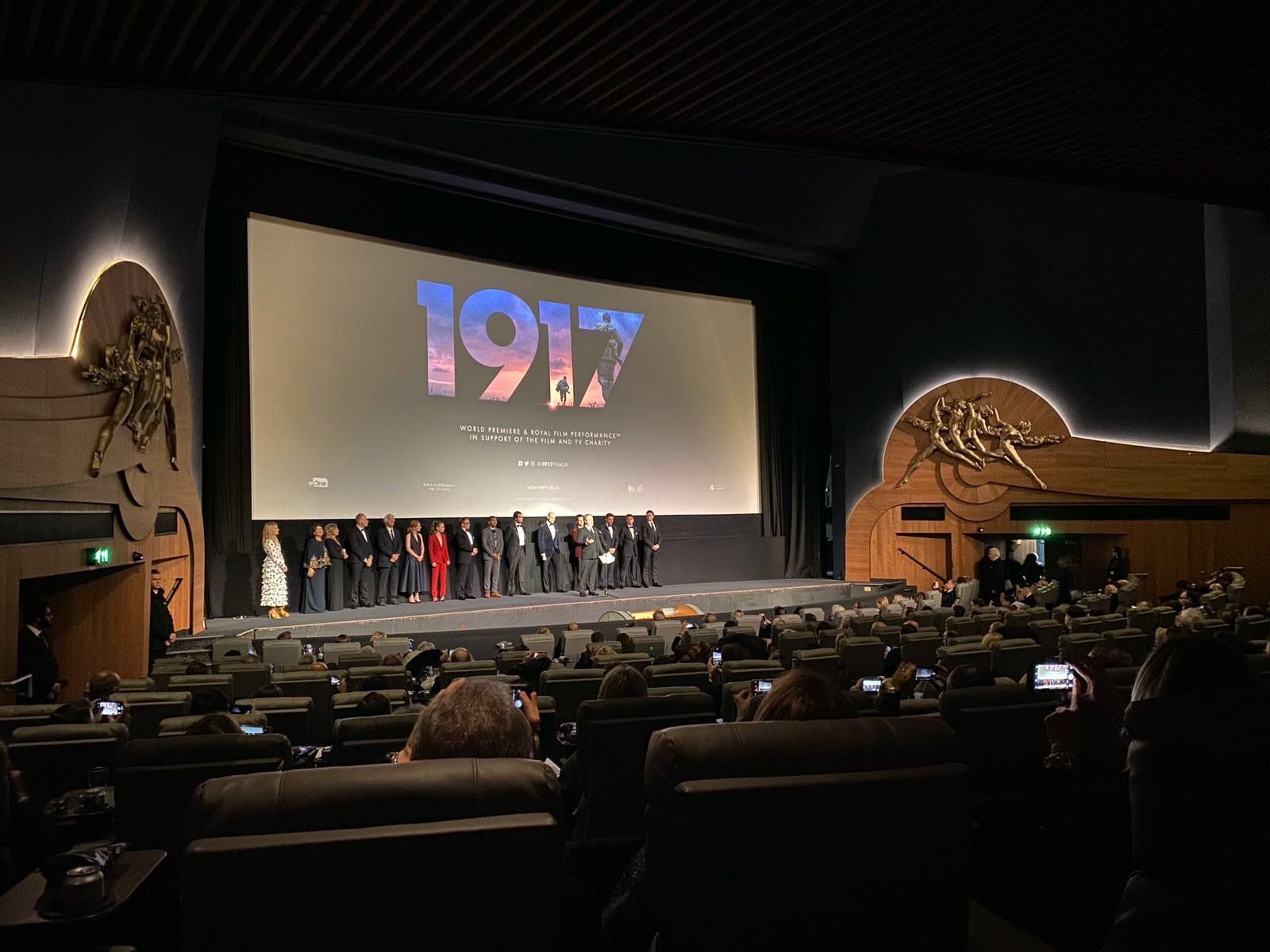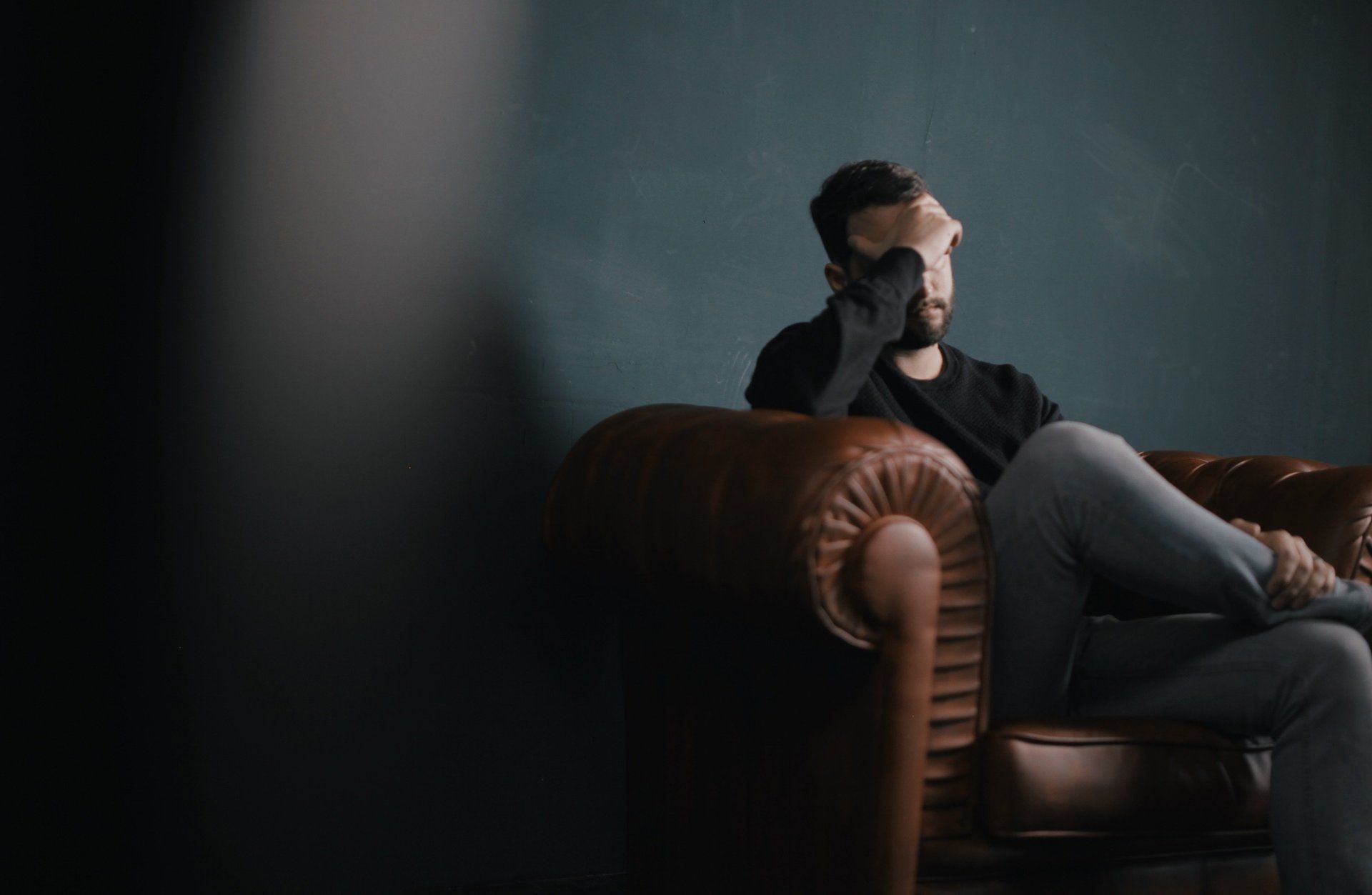Project Fire and Ice
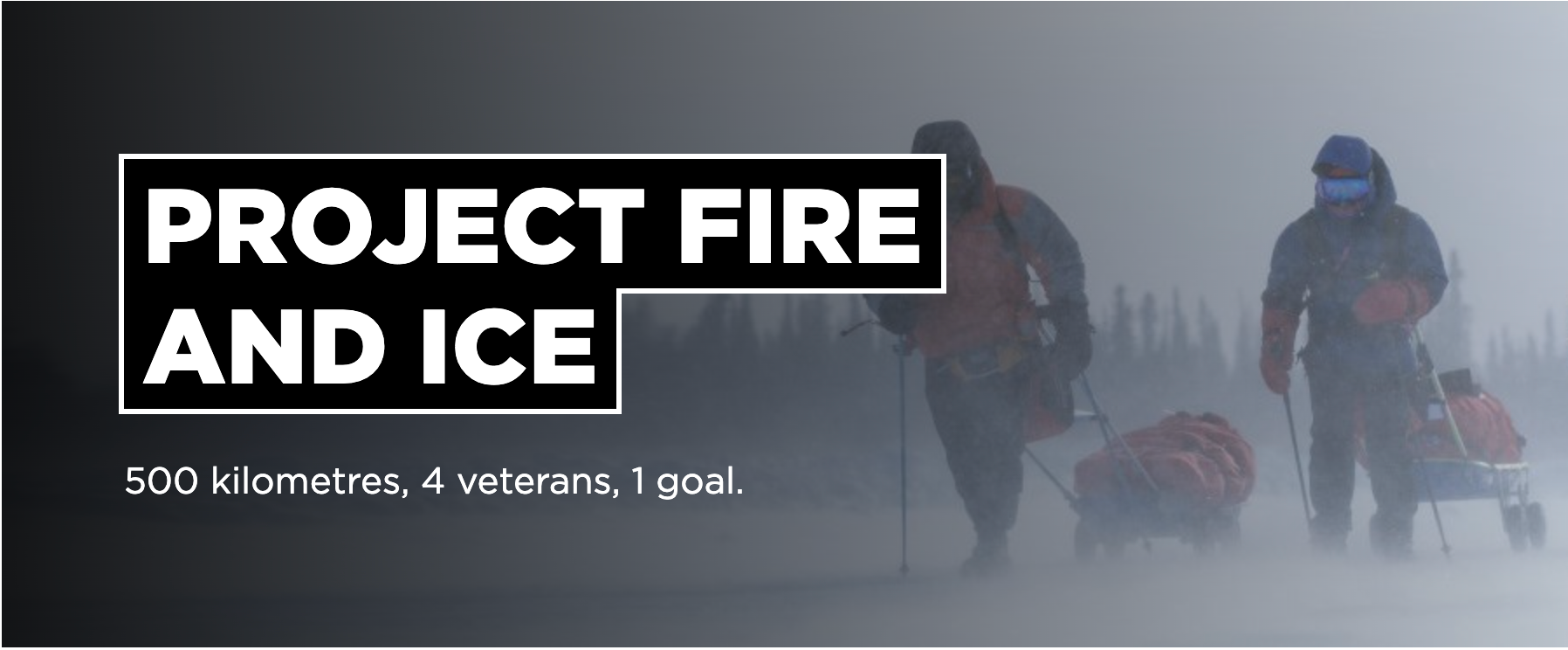
What is Project Fire and Ice?
Project Fire and Ice is a new fundraising adventure for SSAFA, the Armed Forces charity.
Four famous veterans - Karl Hinnet, Brian Wood (MC), Jason "Foxy" Fox and Aldo Kane - are taking on a 500 kilometre Arctic Ultra, through the snow covered forests of Swedish Lapland.
This is an event that only the most dedicated of long-distance adventurers can take on... and so the perfect day out for our team of veteran soldiers and marines turned marathon runners and adventurers.
Support Project Fire and Ice:
Show your support for the Project Fire and Ice Team by making a donation to the team's fundraising page here:
What is the Arctic Ultra?
The Montane Lapland Arctic Ultra will take place on snowmobile trails in Swedish Lapland, starting and finishing is in the small town of Överkalix.
The 500km Ultra race is divided into two stages, the first of 185km, the second of 315km. Following these routes the team will cross twice into the Arctic circle - the land of the midnight sun, and, of course, where one might find the home of Father Christmas.
The course can take up to two weeks to complete, by foot or on skis, and many don't make it. It is a test of extreme endurance set against the harsh beauty of snow-covered forests and icy lakes.
Who is on the Project Fire and Ice Team?
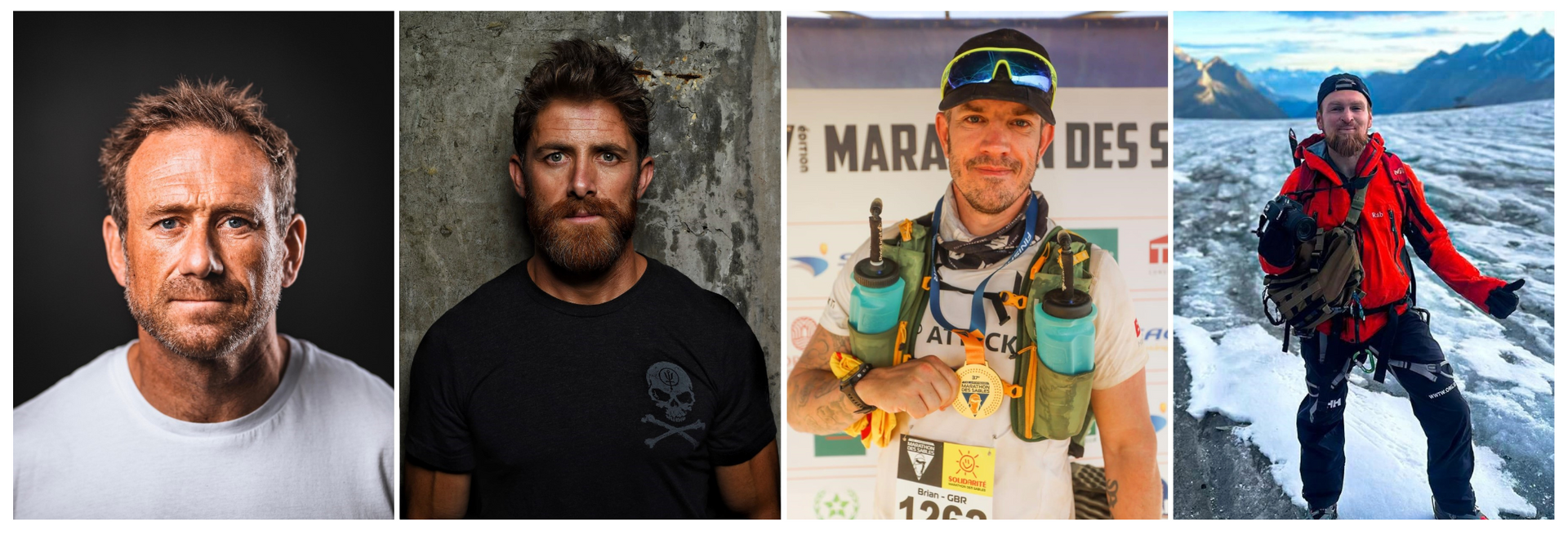
The SSAFA Team for Project Fire and Ice are four veterans who you may recognise. Two ex-marines (one of whom later served with the Special Boat Service) and two ex-soldiers - and all famous in their own right:
Jason Fox – Former Royal Marine and SBS. Now an author and TV personality. Including 'SAS Who Dares Wins'.
Aldo Kane – Former Royal Marine sniper. Now a well-known TV Adventurer including 'Expeditions with Steve Backshall'.
Brian Wood MC - Former soldier and military cross winner. Author and personality. Including a BBC mini-series about his life: 'Danny Boy'.
Karl Hinett – Former soldier who was badly wounded in Iraq. Invictus Games medal winner, ultrarunner and mountaineer.

The Route
The Montane Lapland Arctic Ultra will take place on snowmobile trails in Swedish Lapland. The start and finish for the 500 km races is in the small town of Överkalix, in the Swedish province of Norbotten.
The 500km route is divided into two loops, the first loop, 185km in length, heads north from Överkalix, crossing into the Arctic Circle, before heading back to town. From there the second loop of 315 km begins, this time heading north-west, and again crossing into the Arctic Circle. On both loops the team will travel on and through snow- and ice-covered rivers, lakes and forests.

The Hazards
Due to the extreme cold that can be experienced, the distance, and the difficult nature of the route, the Montane Lapland Arctic Ultra is considered one of the toughest ultra races in the world.
It is impossible to say in advance what the trail conditions will be like. Dead winter in the Swedish Lapland can bring just about any kind of conditions. If our team is lucky they will be trekking over old snow with clear skies and beautiful starlight and even the Aurora Borealis. If our team is less lucky they will be facing strong winds, low visibility, and a path covered in fresh, deep, snow.
The trail will be marked. However, Arctic conditions can descend at any moment, and fresh snow, or winter winds can make it easy to lose the route markers. All team members will therefore be equipped with GPS direction finders.
Of course, with four British veterans forming the team, we expect them to have no problem with navigating the terrain, or facing down even the toughest weather! It can't be worse than Brecon...
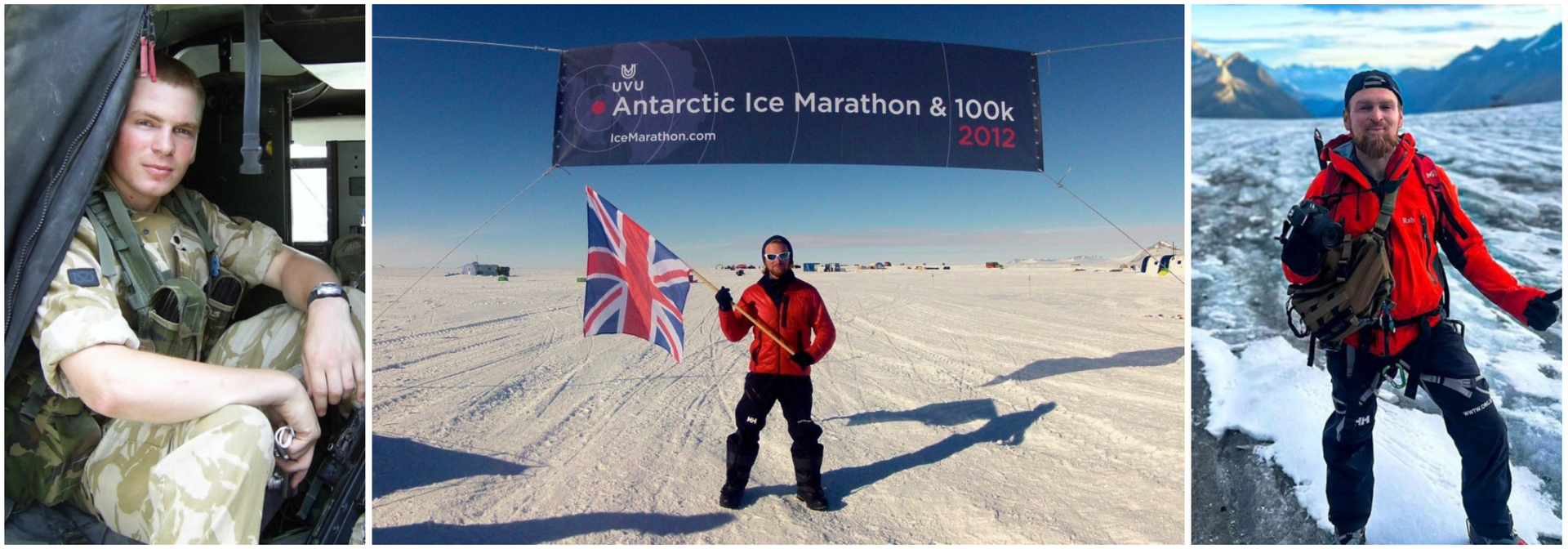
Checkpoints
Fortunately for our team, and the other Arctic Ultra competitors, there are several checkpoints scattered along the route which can provide medical checks, hot drinks and food, and a place to rest. These are located about every 50km or so.
Medical checks will be conducted to ensure the team are not suffering from frostbite, or exhaustion. There will be a chance to refill bottles with tea, coffee, hot-chocolate and water, and some checkpoints will have wi-fi, allowing the team to talk to friends and family back home. Most checkpoints will have places to sleep indoors, but a couple will not, meaning any sleep has to be grabbed whilst under a tent or bivvy-bag.
